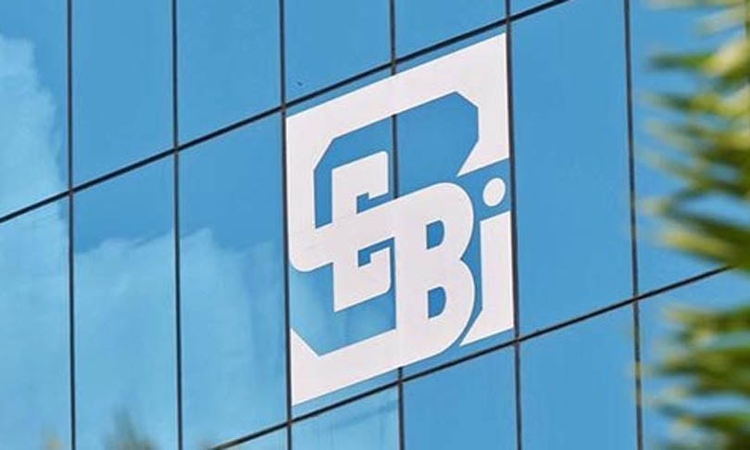SEBI Has Power To Regulate Winding-Up Of Mutual Fund Schemes To Protect Investors : Supreme Court
Radhika Roy
17 July 2021 8:27 PM IST

Next Story
17 July 2021 8:27 PM IST
The Supreme Court has held that that the Securities and Exchange Board of India has the power to intervene in case of violations and incorrect decisions taken by trustees to wind-up schemes, as well as to prevent any intermediary from behaving in a manner that may be detrimental to investors.A bench comprising Justices S Abdul Nazeer and Sanjiv Khanna held so in the case relating to...
